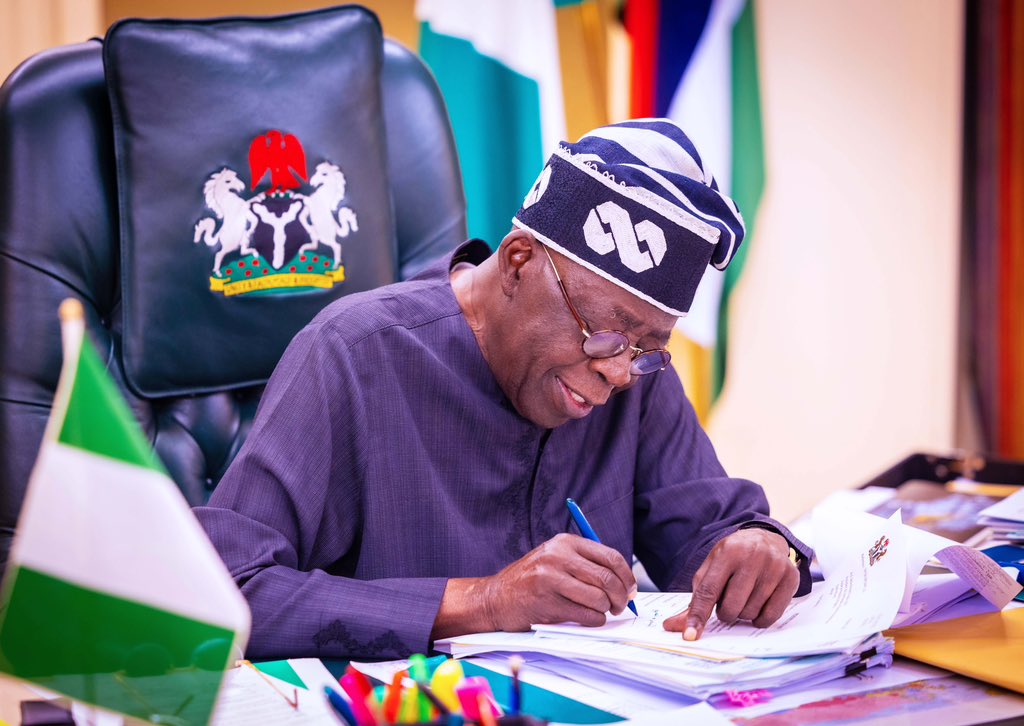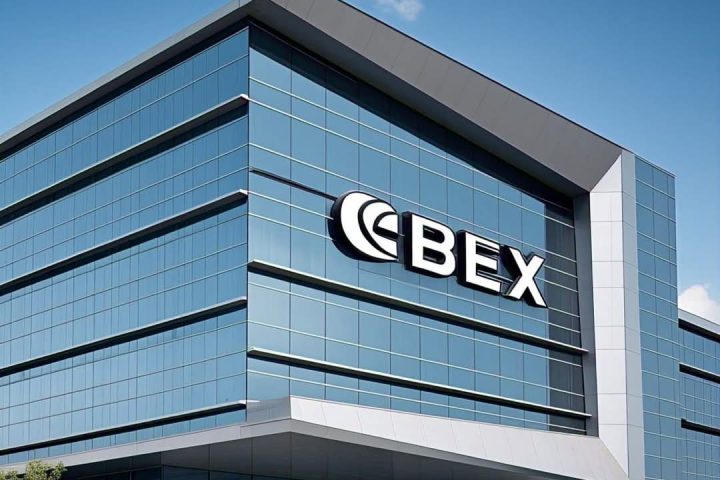The Nigerian government during the Federal Executive Council (FEC) meeting on Monday granted approval for a series of ’empowerment loans’ totaling $3.45 billion.
These funds are earmarked for projects spanning the power sector, renewable energy, states’ resource mobilization programs, initiatives focused on the education and empowerment of adolescent girls, and women’s empowerment project.
Join our WhatsApp ChannelFinance Minister and Coordinating Minister of the Economy, Wale Edun, disclosed the government’s plan to secure a $3.5 billion ‘zero-interest’ loan, one that carries a 40-year repayment term with 10-year moratorium, meaning that repayments won’t commence until 2033.
READ ALSO: Naira Speculators To Burn Their Fingers As Nigerian Govt Evolves New FX Stability Measure
Edun declared, “Today at the Federal Executive Council, I presented five memos which were gracefully approved by the Council. They had to do with concessional and, in many cases, zero-interest financing by the World Bank and the International Development Association, which is the very concessional financing arm.”
The approved projects are multi-faceted, addressing critical needs in the nation’s development. Notably, a $700 million grant for the Adolescent Girls’ Initiative for Learning and Empowerment takes center stage. This initiative aims to equip young girls of secondary school age with marketable skills alongside their academic education.
Edun emphasized, “So those were five loans totaling $3.45 billion. And as you know, the tenure is all around 40 years, with a moratorium period of around 10 years and interest very low, or in the cases of either loans, zero interest. However, some fees would be incurred.”
Meanwhile, the Minister of Education, Tahir Mamman, announced the expansion of the Adolescent Girls’ Initiative to encompass 11 states, broadening the project’s scope. This move aligns with the government’s mission to reduce, if not eradicate entirely, the number of out-of-school girls and children throughout the country.
In an additional development, the Federal Executive Council granted authorization for the establishment of the Humanitarian and Poverty Alleviation Fund. The objective is to generate $5 billion annually to address emergency responses to humanitarian crises.
This funding is expected to arise from various sources, including government contributions, development partners, private sector investments, and individual contributions.
Furthermore, the government’s initiative aims to drive significant socio-economic change, placing particular emphasis on empowering young girls, improving education, and addressing poverty and humanitarian challenges.
Emmanuel Ochayi is a journalist. He is a graduate of the University of Lagos, School of first choice and the nations pride. Emmanuel is keen on exploring writing angles in different areas, including Business, climate change, politics, Education, and others.



















Follow Us